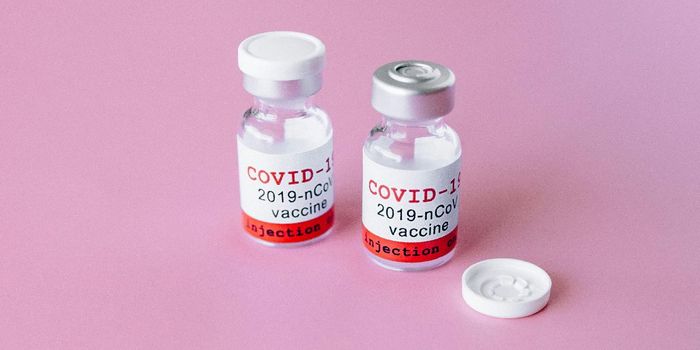Measles Is Back and COVID Isn't Helping
Measles is a highly contagious and airborne viral disease. There is no treatment besides supportive care once a person becomes infected with the virus, of which children are the most common victims. Overall, vaccination has slashed measles-related deaths by 80 percent between 2000 and 2017. The measles vaccine, developed in the early 1960s is safe and very effective. So why then has measles come back with a vengeance, causing deaths to skyrocket worldwide?
The problem seems to lie in gaps in herd immunity. To prevent disease outbreaks, experts estimate around 95 percent of people within a community need to be immunized. According to Natasha Crowcroft, from WHO’s Measles and Rubella Control in Geneva, global vaccinations have tapered off at around 84 to 85 percent, which over time leads to the accumulation of susceptible children and the onset of outbreaks.
A new study that tracked outbreaks across nine countries highlights the importance of vaccination coverage in limiting measles-related deaths. Different obstacles stand in the way of this coverage amongst different communities. In Samoa, for instance, fewer children were taken for their measles shots as fearful parents reacted to a medical error in 2018 that led to the death of two infants. In Ukraine, health care workers were not confident about the efficacy of vaccines and consequently didn’t push for them to be administered.
COVID-19 has further complicated matters: disruptions in immunization programs during lockdowns and the economic slump increasing rates of malnutrition being among factors contributing to this. Vitamin deficiencies in children can lead to more severe and life-threatening forms of the disease. “These issues tend to cluster in the same communities, exacerbating the total effect and increasing inequity,” said Crowcroft.
Winning the war against measles would mean regaining control of global immunization programs, say experts. Emerging technologies such as vaccine patches that don’t require cold storage and injections could also be transformative in the future. For now, it seems measles continues to have the upper hand with case numbers on the steady incline.
Sources: Science News, CDC.









